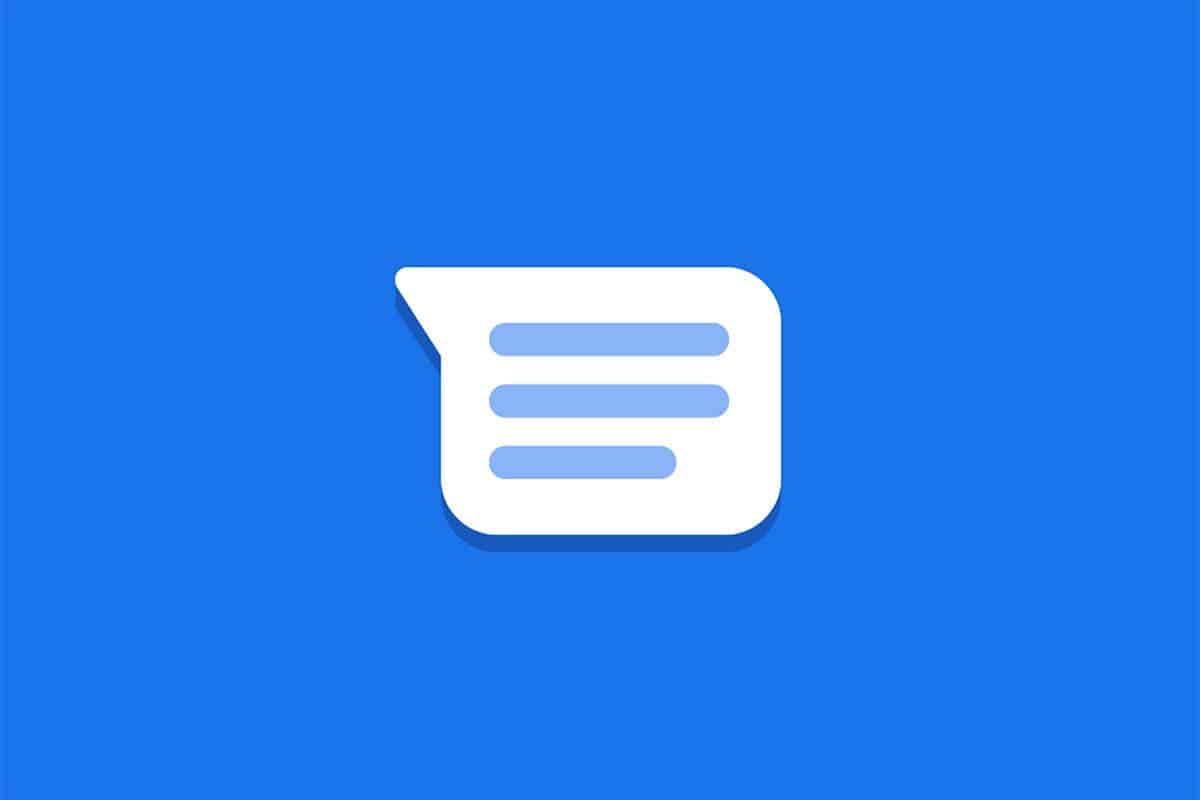How many times have you been frustrated when you exchanged contact, but you don’t use the same messaging platform? They use Viber and you keep up on WhatsApp. Or maybe Telegram, Signal, or any other chat app. Cross-platform messaging is what comes across your mind in such moments. Of course, you never had a chance with that, but it could change soon.
It often happens that we sometimes install a chat app just because of one or a few persons. If the same happens with other apps too. You would have to install five or six different chat apps on your phone to manage this crowd.
The Mountain View company has been trying to make a popular chat platform or messaging app for years but without any success. You probably still remember Hangouts, which once came installed on every Android phone. It also existed under other names, such as Google Talk. There were also Alo and Duo, but they lived shortly, and now we can barely recall them.
Google Messages comes with interoperability
Alphabets’ latest messaging app is simply called Google Messages. However, given the fact that there are plenty of other, far more popular services, you probably didn’t even know it existed in the first place. Or maybe, you just ignored it or mistook it for a default SMS app on your device.

If the search engine giant succeeds in their latest intention, this app could fundamentally change the way we communicate via phones today and introduce “Cross-platform messaging”. By introducing the MLS (Message Layer Security) standard into the very core of Android, Google Messages opens up the possibility of cross-platform messaging.
Imagine that you only use WhatsApp and you can chat with someone on Viber, Telegram, or any other chat service. This may sound like a fairy tale, but it’s not impossible. Make an analogy with e-mail. Regardless of whether you use Gmail, Yahoo, or email with your company domain, messages from one address will arrive at some other. It’s not directly comparable for a thousand reasons, but it’s kind of a logical equivalent of what Google is trying to achieve with Messages.
Cross-platform messaging unifies all chat applications
Likewise, we should not ignore the fact that in the not-so-distant past, Google tried a similar thing with its Google Talk service, later called Hangouts. Google Talk was originally conceived as a service that would achieve cross-platform messaging. Based on the universal Jabber protocol, Google Talk had the ability to communicate with most of the other then-popular chat applications such as MSN, Yahoo! Messenger, and even Facebook chat, which was also based on Jabber. So, cross-platform messaging existed in the past, but not many people were aware of it, and it was not secure.
Unfortunately, no one at the time wanted or had any interest in integrating their chat services into Google Talk. The reason was, for example, Microsoft. With its MSN and later Skype, the software giant controlled a huge part of the market pie. The connection was still technically doable with a workaround. But for such a game you had to be connected to public Jabber servers, which were anything but secure.
Also, Cross-platform messaging was among us in the form of applications that combined different protocols. We used to have Fring and Nimbuzz, which could integrate different chat protocols within their interface. It was a convenient solution because you didn’t have to install MSN, Skype, or Yahoo! on your device because Fring or Nimbuzz would do it for you. Of course, this didn’t last long because the companies that own those protocols slowly began to stop APIs. Meanwhile, new chat services that we know today have appeared, which was enough for Fring and Ninbuzz to vanish.
The MLS standard and Cross-platform messaging will meet the EU regulators
Chat applications now use end-to-end encryption, which was unimaginable 10 or 15 years ago. Now, thanks to the MLS standard, it would initially be available to all other apps in Google Messages. What’s more important, it comes as a part of the very core of the Android OS. This comes at a far greater security level than what we currently have at the application layer.
By introducing MLS, Google will also meet one of the most important EU regulations. This one is part of a broader “Digital Market Act”. This act also requires the Big tech platforms to work on interoperability between communication protocols. Cross-platform messaging is surely one of them. We’ve seen that ignoring the EU regulations may result in huge fines. Those can go up to 20% of the total annual revenues of Big tech companies.
Will Apple be a party breaker again?
Considering the size of possible fines and the importance of the EU market, Google could eventually succeed. Mainly because the situation is way different than 15 years ago. Google controls over three-quarters of the phone market. So it has the ability to convince crucial companies to accept the MLS standard.
However, there’s one well-known troublemaker – Apple. The Cupertino company is unlikely to allow its iMessage system to have any touch with others. We have seen Apple paying fines in some countries, rather than lowering the security level of its services.
On the other hand, we’ve also seen the EU forcing Apple to change its incredibly stubborn stance on the USB-C slot. Also, if this now goes according to plan, we might see removable batteries again four years from now.
It is still hard to believe for Apple to accept any initiative coming from Google. Apple was the main reason Google’s RSC protocol never took succeeded in the form we all wanted. However, the EU is a very important market for Apple. So, when it comes to regulations, there is not much room for maneuvers anymore.
How will this story end the time will tell. But we still have enough hope to believe that cross-platform messaging chat platforms is possible.





